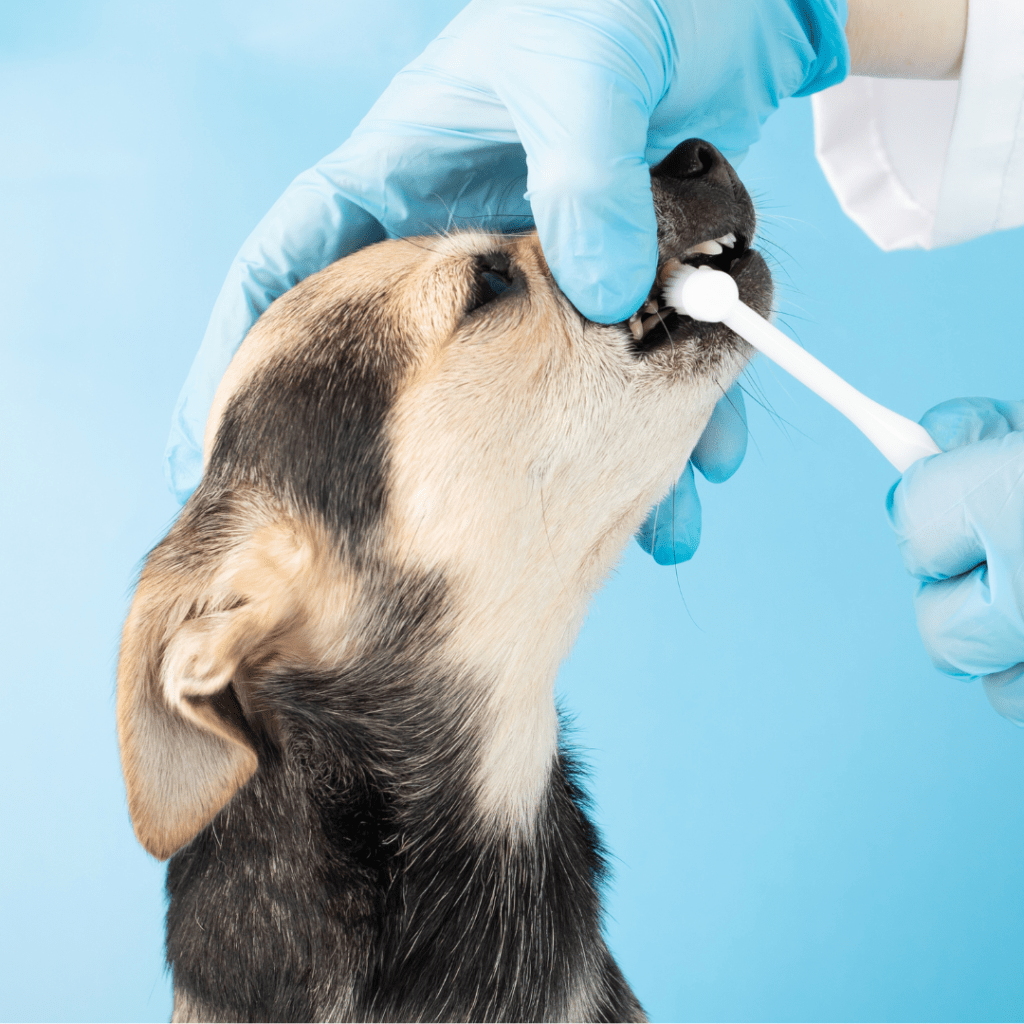Maintaining your pet’s dental health is crucial for preventing cavities, abscesses, and periodontal disease. While the idea of starting a dental care routine for your pet might seem overwhelming, there are plenty of easy and effective ways to ensure your furry friend gets the care they need. Just as you invest time in your own oral hygiene, dedicating some time to your pet’s dental health can save both of you from future hassles.
Here Are Some Tips to Keep Your Pet's Mouth Healthy:
1. Opt for Safe Chew Toys
Instead of giving your dog real bones, which can splinter and cause digestive issues, consider rawhide, synthetic, or starch-based chew bones. These not only serve as delightful treats but also help remove tartar and plaque buildup. Products like Oravet can also aid in keeping your dog’s teeth clean and breath fresh.
2. Regular Vet Visits
Schedule regular dental exams and cleanings for your pet. Just like humans, pets need consistent dental maintenance. Your vet will examine your pet’s mouth and teeth during routine visits, but it’s essential to have separate dental appointments to ensure thorough care.

3. Frequent Inspections
Get into the habit of checking your pet’s mouth once or twice a week. Familiarize yourself with the normal appearance of their teeth and gums. This way, you’ll quickly notice any issues such as broken teeth or swollen gums, allowing you to address problems early on.
4. Brush Their Teeth
Brushing your pet’s teeth is similar to brushing their fur—it keeps them clean and happy. Start by letting your pet smell and taste the toothpaste. Once they’re comfortable, gently brush their teeth using a toothbrush or your finger. Introduce this habit gradually over a month or two, and aim to brush a few times a week.
5. Use Pet-Specific Products
Always use toothpaste and toothbrushes designed for pets. Human toothpaste contains fluorides that are toxic to pets. Pet toothbrushes are smaller with softer bristles, and you can also use a finger brush or cloth for brushing.

6. Begin Early
It’s easier to establish a dental care routine with puppies and kittens. If you have a young pet, start their dental care early. For older pets, take it slow and be patient—they will adapt over time.
7. Supplement with Dental Treats
While tartar-control treats are popular, they shouldn’t replace regular brushing and vet check-ups. Use them as an addition to an established dental routine.
8. Balanced Diet
A well-rounded diet of high-quality wet and dry foods, along with occasional treats, supports overall health, including dental health.
By following these tips, you can maintain your pet’s dental health, prevent diseases, and ensure a happier, healthier life for your furry companion.
About Us
At Woofly.in, we specialize in providing top-notch doorstep grooming sessions for your beloved pets. Our experienced team of groomers ensures that your pet receives the best care right at your home, making grooming a stress-free experience for both you and your furry friend. Whether it’s regular grooming, dental care, or specialized treatments, we’ve got you covered. Choose Woofly.in for convenient, professional, and compassionate pet grooming services.
